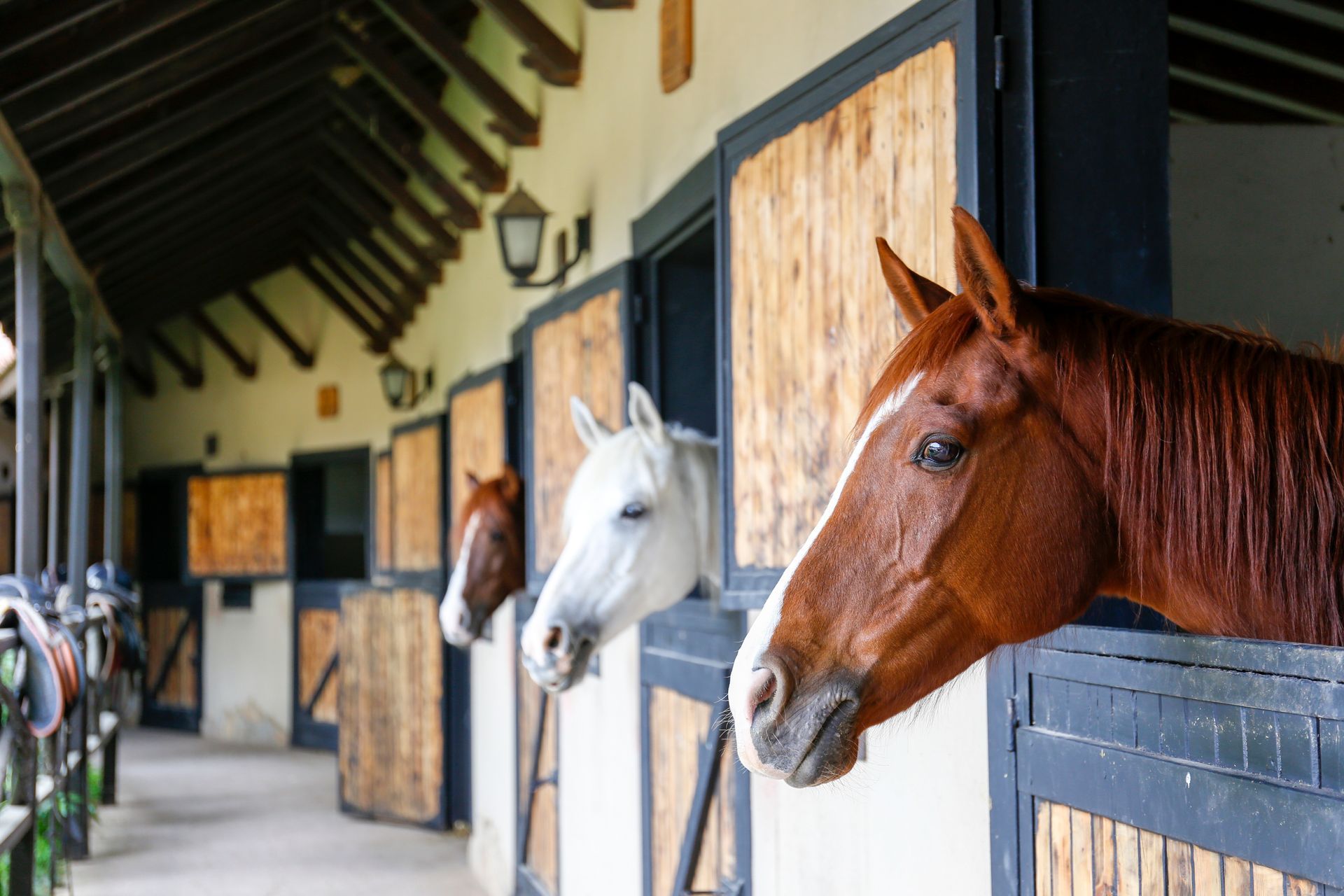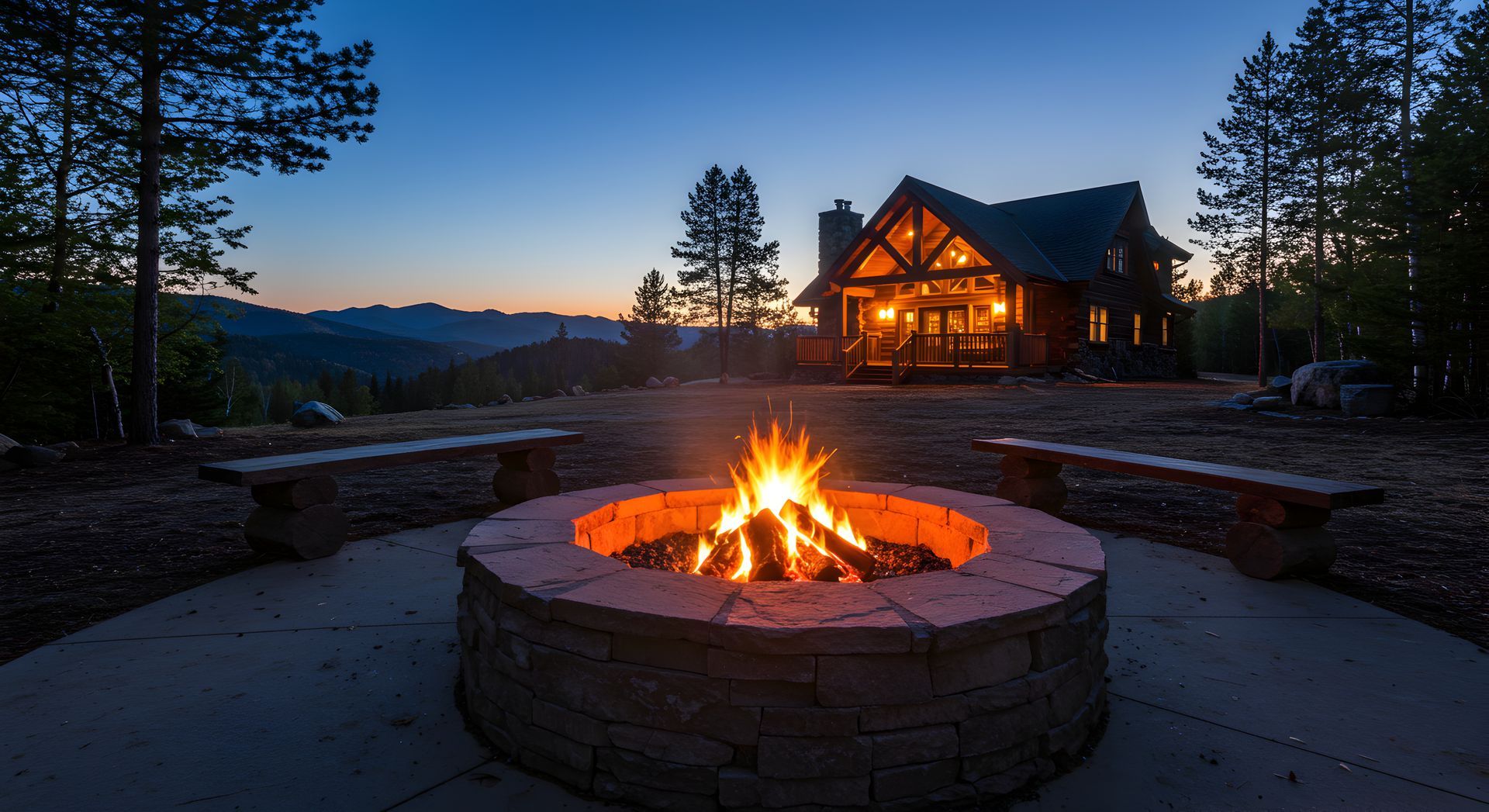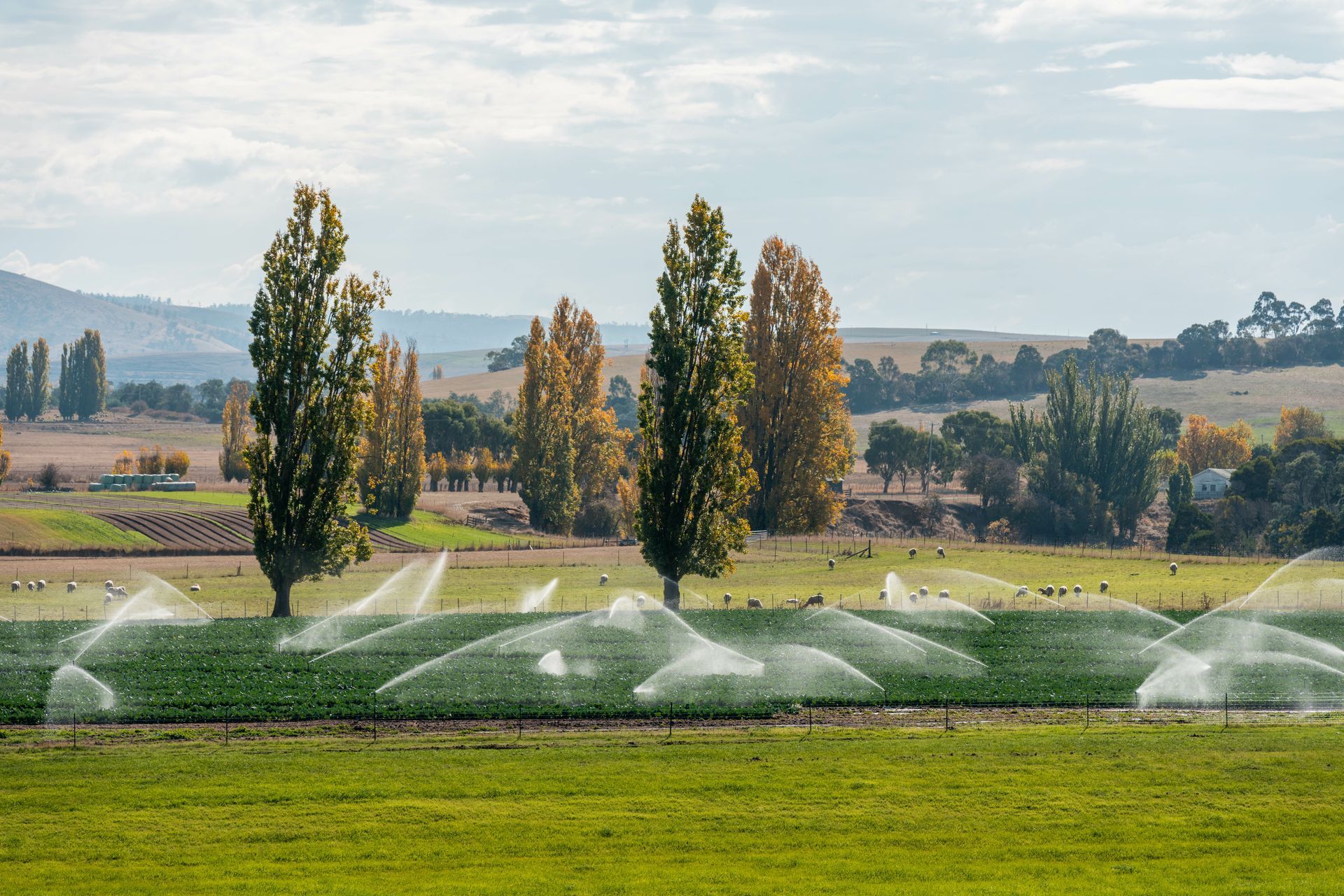How to Determine the Potential Return on Investment for Luxury Real Estate

Luxury real estate is one of the most popular and prestigious investments. Luxury real estate attracts many investors because of the substantial returns they can receive on their investments.
Although it’s impossible to know for sure what future real estate prices will be, investors can make informed estimates on ROI to help guide their luxury real estate purchasing decisions.
Defining Return on Investment (ROI) in Luxury Real Estate
ROI stands for return on investment and is fairly easy to calculate:
ROI = (Current Value - Initial Cost) / Initial Cost * 100.
For example, if you buy a home for $1 million and sell it for $1.5 million five years later, ($500,000/$1 million * 100), you have a 50 percent ROI.
Length of ownership is a separate but key metric to consider in any discussion of ROI. In real estate terms, flipping a house can potentially yield a smaller ROI, not just because you’re investing money into improvements but because you don’t own the house long enough for the value to have appreciated much prior to resale. Owning a home for decades often leads to greater ROIs due to inflationary pressure and increasing housing costs within your geographic area.
Quality, location and condition matter as well, but overall real estate market pressure within an area often has an outsized influence on eventual ROI.
Key Components of ROI Calculation:
Initial Investment
Accurate ROI calculations begin with a breakdown of the initial investment. Besides the property purchase price, investors must know the closing costs, legal fees and any needed renovation or improvement expenses.
If these fees aren’t taken into account, home sellers won’t truly know how much their ROI will be – or they’ll get a calculation result that’s inflated because it doesn’t account for these ancillary expenses.
Current Value
Determining purchase price is the easiest number to determine in an ROI calculation. Current value determinations can be a little more complicated but averaging the sale of comparable properties within an area (taking into account factors like square footage, amenities, etc.) should provide a fairly accurate estimate.
The best way to do this is to research listing websites or by connecting with professionals in the real estate field. There are some newer valuation tools like artificial intelligence-driven platforms that analyze market trends and use predictive analytics models to calculate property appreciation in the future, but these tools are not foolproof or a crystal ball for future luxury real estate valuation.
Understanding Cash Flow
Understanding cash flow is one of the most important parts of evaluating the return on investment for luxury real estate. Cash flow represents the net income generated from the investment over a specified period.
The proceeds of a luxury home sale are not necessarily the only figure to include in ROI calculations. Rental income and operating expenses are two key features of cash flow that give insight into the property’s financial performance. Estimating these costs before purchasing luxury real estate – if you do plan on using the property for generating income – is vital if you want to ballpark ROI ahead of time.
Rental Income
Rental income is one of the most significant contributors to ROI. When estimating potential rental income, it’s important to determine property size, amenities and the local market conditions.
Features such as high-end appliances and state-of-the-art security systems can significantly enhance the property's appeal to potential tenants and allows for more premium rental rates.
Operating Expenses
Cash flow calculations necessitate a comprehensive consideration of operating expenses. Property management fees, maintenance costs, property taxes and insurance are just a few examples of expenses that can impact the net income from a luxury property.
Accounting for Financing
Many luxury real estate investors don’t have the liquid capital on hand to purchase properties outright. They may need to finance the purchase with home loans, and interest has the potential to drastically increase total purchase price.
Leverage and Loans
- The use of leverage can increase returns in luxury real estate. Investors should explore other financing options like loans and weigh the benefits of leveraging against any costs associated with them. In some cases, the benefits of leveraging may outweigh the cost of interest payments. For example:
- You buy a $1 million investment property with a 20 percent downpayment and finance the other $800,000
- The home appreciates to $1.2 million before you sell, meaning you generated $200,000 in profit off a $200,000 investment (100 percent ROI)
If you paid for the whole property in cash, your ROI would have only been 20 percent. The potential downside of leveraging is risk. If the market took a turn and the home lost value, you would still owe the money you borrowed for the full value at the time of purchase.
Interest and Mortgage Payments
Even though leveraging can enhance ROI, investors should also factor in interest payments and mortgage costs. Investors should assess the terms of their loans, including interest rates, repayment periods and other potential adjustments in the case of variable-rate mortgages. This will help investors prepare for the long-term financial commitments of their investment and help them prepare for any financial fluctuations.
Consider Range Ridge for Your Luxury Real Estate Investment
If you’re ready to start investing in luxury real estate in the Lone Star State, Ranger Ridge is here for you.
Our planned community boasts 2,600 acres of beautiful land, with tons of amenities and a family-oriented community. Our custom home builders will help you every step of the way so your investment meets your standards and appeals to future luxury home buyers.
Give us a call today at (817) 618-6773 or book your tour right here on our website.











